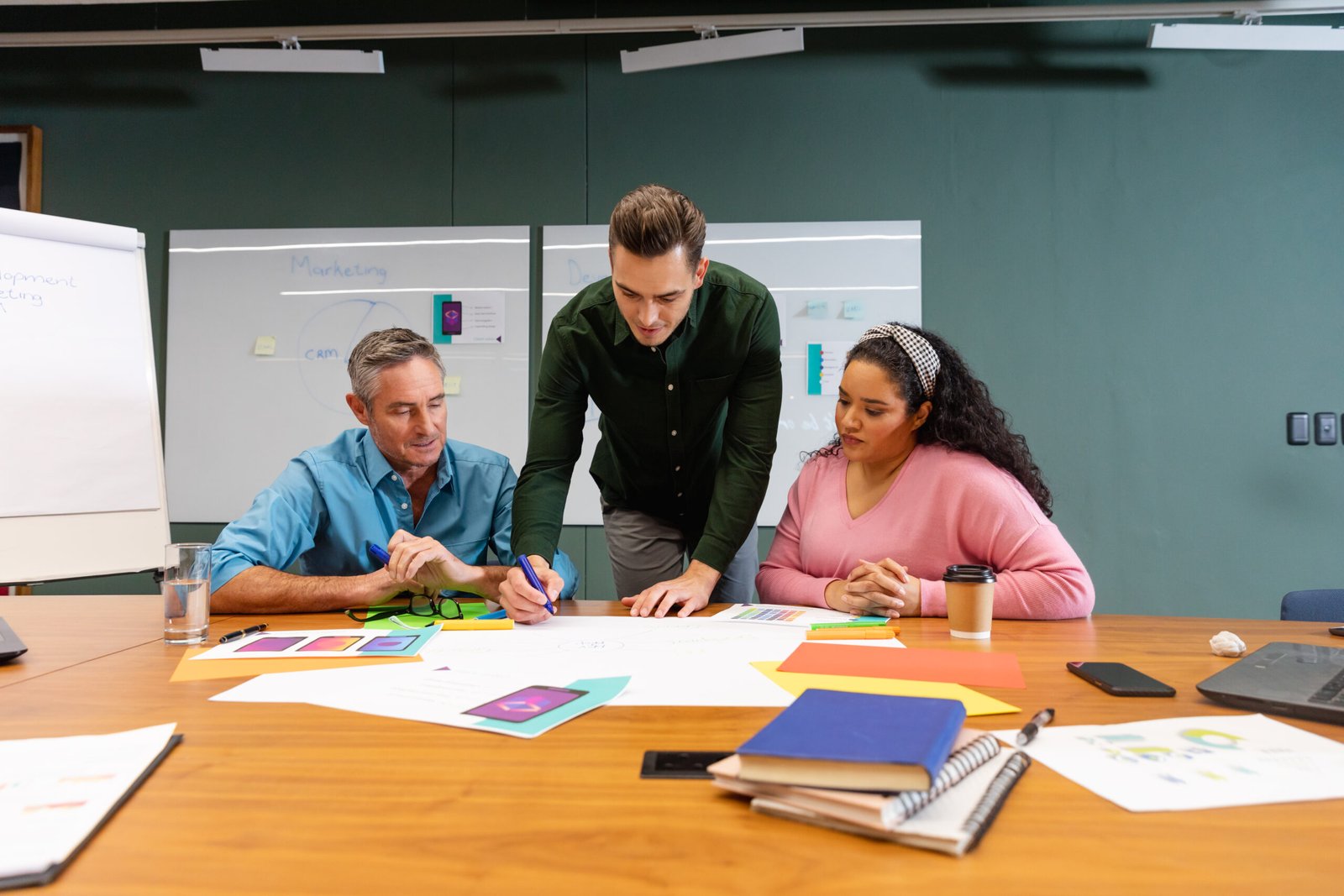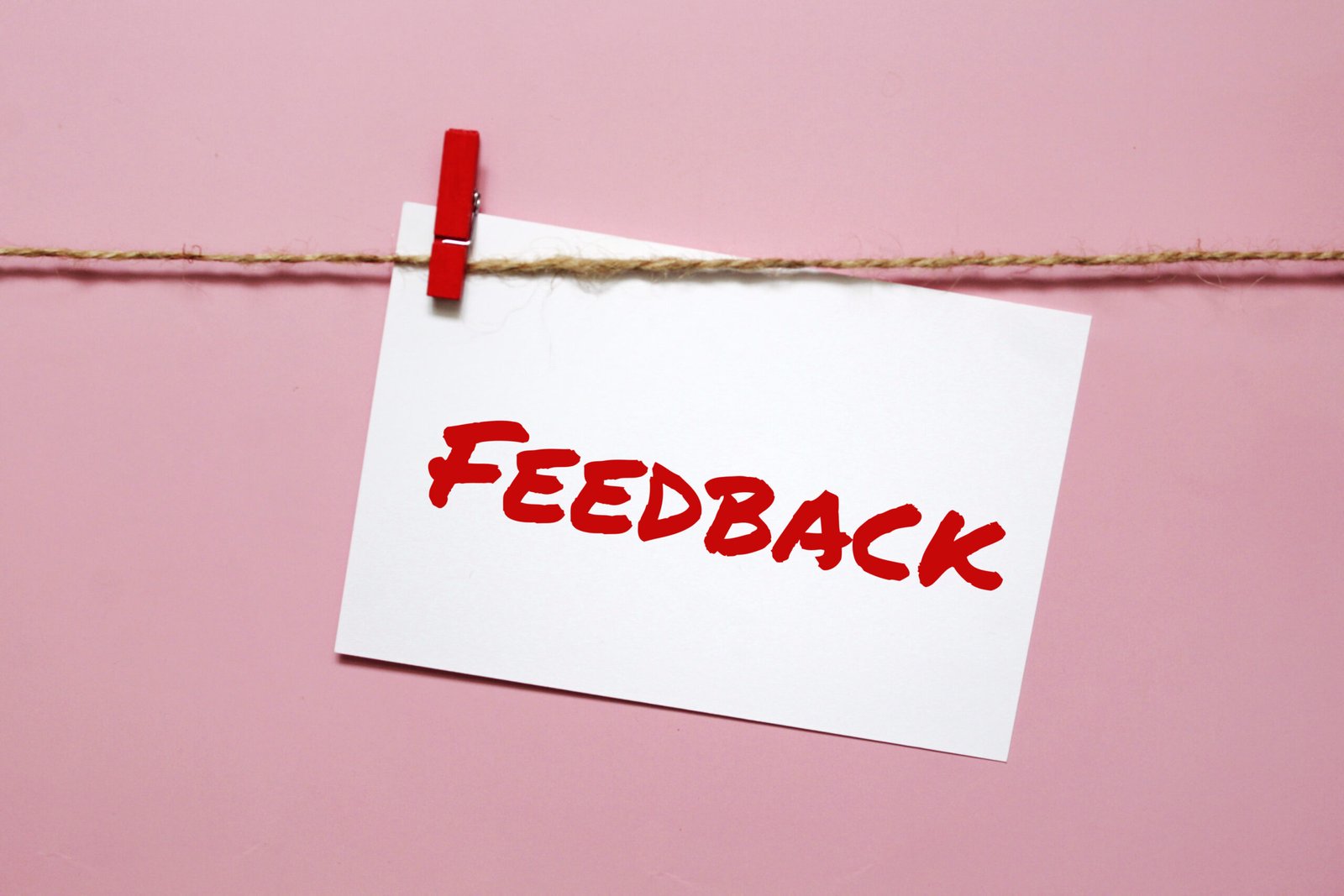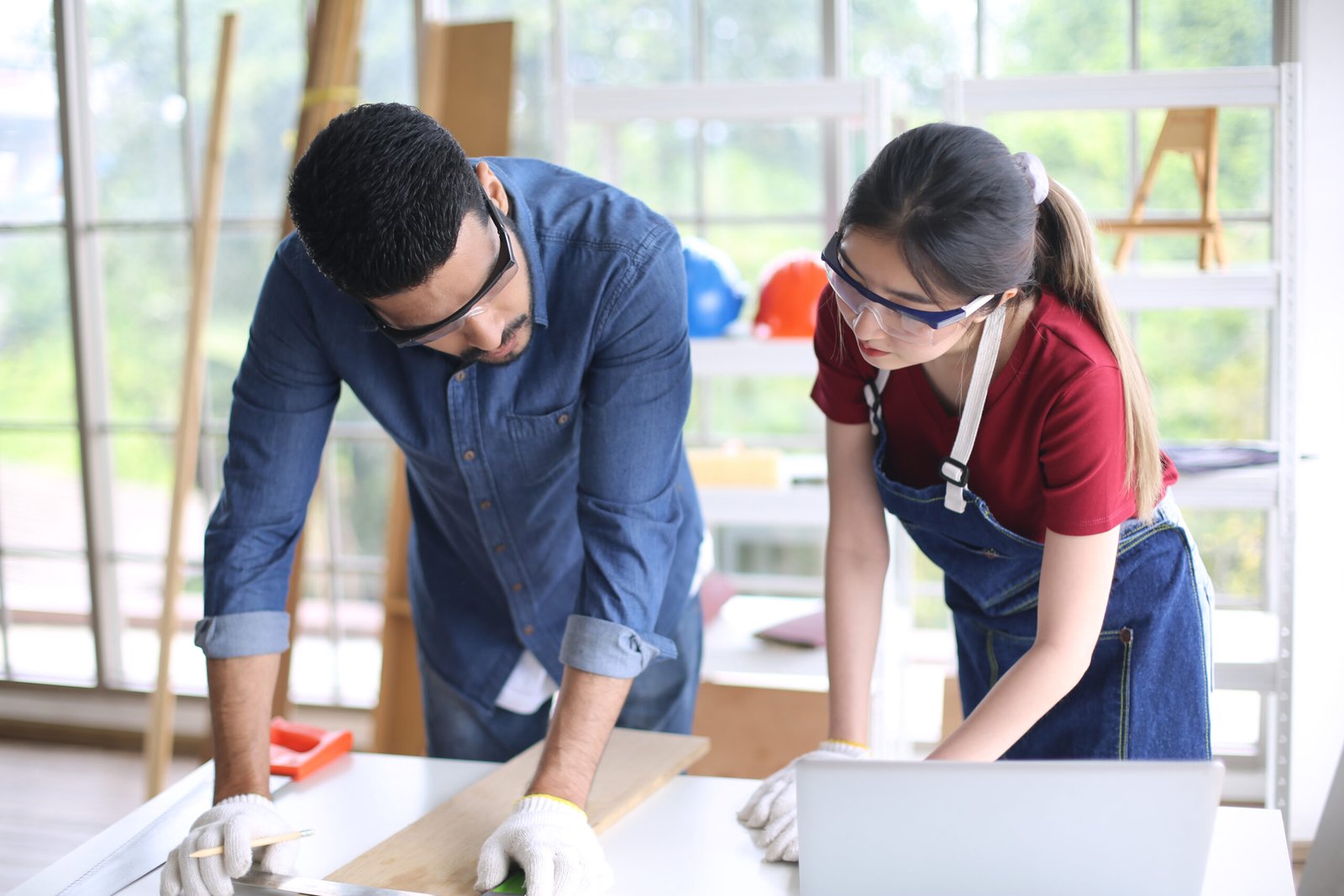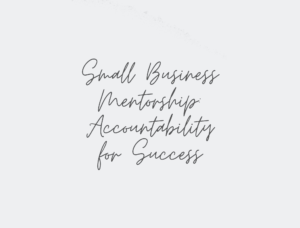Introduction
‘Lifelong skills developing and learning’ has become a meaningful way to be successful and happy in today’s fast-paced world. It’s not just a pledge to learn how to develop skills and knowledge well; it’s a journey that lasts a lifetime, changing and improving with each new experience. Focusing on ongoing improvement helps people stay competitive in the job market, keep their personal lives interesting, and keep their minds sharp for dealing with life’s obstacles.
Understanding Your Goals
Before you start a journey of ongoing learning, you need to be clear on your personal and work goals. First, could you make clear goals that you can reach? These will be the turning points on your learning path. It would be best to break these goals into smaller, more doable tasks that can be done individually.
Short-term Goals:
These short-term goals can be met in a few days to a year. You could learn a new piece of software for work, get good at a sport, or even finish a short online course.
Long-term Goals:
Doing these things repeatedly for years is what it takes to reach your bigger goals, like getting a degree, speaking a foreign language ideally, or becoming a leader in your field.
Think about what drives you, what interests you, and where you want to be. This thought is the compass that will help you learn and ensure that your efforts are directed toward meaningful and satisfying results. You can stay on track and inspired even if things change by regularly going over and changing your goals.
Tips for Setting Effective Learning Goals
Setting clear learning goals is essential to personal and professional growth. Here are some detailed tips to help you make goals that are clear, attainable, motivating, and essential to your long-term learning journey.
Be Specific:
Well-thought-out goals are essential. You should say what language or technology you want to learn instead of “I want to learn coding.” For example, “I want to learn Python by taking an online course and making a small project.”
Make it Measurable:
To keep track of your progress, give your goals measurements. For instance, Read 12 business-related books within a year lets you keep track of how many books you’ve read in a certain amount of time.
Ensure it’s Attainable:
When you set a goal, think about what you can do and what tools you already have. It should be challenging but doable with the tools you have or by making small changes that you can handle, like setting aside time each week to study or exercise.
Be Relevant:
Your goals should align with your significant hopes and reasons for doing things. If you want to work in marketing, learning advanced data analysis might be more beneficial than learning about the past.
Set Time-Bound Objectives:
Set a due date for yourself. This makes you feel like you must act quickly and stops you from putting things off. “Get a certificate in digital marketing for beginners within six months” is a time-bound plan to help you get things done.
Write Them Down:
Writing down your goals makes them more accurate and gives you something to reflect on. Put them somewhere you can see daily to keep you focused on your goals.
Review and Adapt:
Because life is constantly changing, you might also need to change your goals. Make it a habit to review your goals occasionally and change them as necessary to ensure they align with your general learning goals.
If you follow these detailed steps for setting learning goals, you’ll make a unique plan for your academic and business growth to help you succeed.
Learning Goals into Practice
After setting goals, the next step is to turn them into steps you can take. When you do something, the real work starts, and your learning journey comes to life. Here are some straightforward steps that will help you reach your learning goals.
Research and Gather Resources:
Do some study on the things you want to learn or improve. You can find teachers, workshops, online training, books, or even people who can help you. For instance, to learn graphic design, look for the best online classes that give you real-world projects and feedback.
Create a Structured Learning Plan:
With the things you have on hand, make a clear plan for how you will learn. This could mean putting aside a certain number of hours each week to study, finishing specific course modules, or making weekly goals that help you reach your general goal.
Prioritize Learning in Your Schedule:
It would be best to make learning a regular part of your life. You should mark the time on your calendar and treat it as seriously as any other important event. For growth, you need to be consistent.
Engage Actively with the Material:
It’s not enough to go through the steps. Engage with the information by writing it down, asking questions, and using what you’ve learned in real life. This could mean creating a resume while you know how to code websites or joining a speaking club to improve public speaking.
Track Your Progress:
Keep track of how much you’ve learned. This could be a journal, a calendar, or an app that lets you keep track of goals, difficulties, and successes. Tracking not only keeps you motivated, but it also shows you where you might need to put more effort.
Seek Feedback and Reflect:
Regularly ask your friends, mentors, or yourself for feedback on your growth. Think about what’s working and what’s not, and be ready to change how you do things. You might find that a particular way of studying doesn’t work for you, or you might learn better with others.
Celebrate Your Successes:
Celebrate your successes, no matter how small they are. This keeps you motivated and boosts your confidence. You should feel proud if you finish a challenging chapter, do well on a quiz, or stick to your study plan for the month.
Stay Flexible and Adaptable:
Remember that learning is an ongoing process, and you may face problems you didn’t expect. Be open to new information, changes in technology, or changes in your schedule, and be ready to change your plan to fit these things.
By working hard to reach your learning goals, you gain new skills and information and build the self-discipline and drive you need to continue learning.
Seeking Feedback
You can’t say enough about how important it is to ask for comments as a way to grow and get better at learning. Self-evaluation alone might not show you essential things that constructive criticism does. To successfully ask for feedback:
- Identify suitable sources: Look for educated people whose opinions you value. This could be a teacher, a guide, or a coworker.
- Ask specific questions: Ask specific questions of the people who give you comments to help you. Ask, “What can I change about my coding to make it work better?” instead of a general “How are you?”
- Embrace a growth mindset: Be willing to hear what others say and see it as a chance to improve, not criticism.
- Integrate feedback into action: Please pay attention to the comments you get and use them to improve your learning plan. Use it to make intelligent changes that align with your goals.
Feedback is essential to learning because it helps you understand things better, get past problems, and move toward your academic and career goals.
Building Habits for Continuous Learning
Making it a habit to keep learning is essential for keeping up with a constantly changing world and staying relevant in your career. To get into these habits:
Integrate Learning into Daily Routines:
It would be best if you learned something every day. This could mean listening to talks about your field on the way to and from work or reading news about your field every morning.
Set Micro-Goals:
You can break down bigger learning goals into smaller, more manageable jobs you can do regularly. This will keep you inspired and help you learn more over time.
Leverage Technology:
You can learn quickly and in a way that fits your needs by using apps and online tools. Technology, like language-learning apps and online classes, can make learning more specialized.
Cultivate Curiosity:
You should learn about new things that interest you, even if they aren’t directly related to your main learning goals. This makes you want to learn more and can lead to surprising and valuable ideas.
Reflect and Iterate:
Think about what you’ve learned and how it fits your plans and past events. This thought will help you learn more and can lead to more research or, if needed, a change in your goal.
By making these habits a part of your daily life, you can make learning as easy as breathing, which will benefit your personal and work life.
Staying Updated
Because new ideas and changes happen quickly in most areas, staying aware and current is essential. This will keep your skills up-to-date and inform you about the latest trends and best practices. Here are some ways to keep up with the times:
Subscribe to Professional Journals:
Make it a habit to read articles in reputable trade magazines or sign up for their newsletters to stay current on new developments.
Join Professional Networks:
Join professional networks or internet forums that are related to your job. These can help you keep up with the latest news in your field, and they often give you hints about changes and improvements that are on the way.
Attend Workshops and Seminars:
Regularly go to classes, seminars, or webinars for career growth. These events not only give you access to the newest information but also give you a chance to meet new people.
Follow Influencers and Thought Leaders:
Find influential people and thought leaders on social media and follow them. Their writing can often shed light on new trends and the future direction the industry will take.
Engage in Lifelong Education:
Taking continued education classes or certification programs to improve your skills as new technologies and methods emerge would be best.
Keeping up with the latest information is integral to professional growth and will help you stay competitive and grow throughout your work.
Conclusion
Finally, “How to Develop Skills and Knowledge” is a diverse and ongoing process. It requires a proactive, individualized approach to learning, constructive criticism, and dedication to form learning-friendly behaviors. Each step toward education and skill development builds a foundation for professional and personal progress. As the industry changes rapidly, remaining informed and up-to-date keeps your abilities current and flexible. Developing skills and knowledge is a commitment to yourself that helps you succeed personally and professionally.





